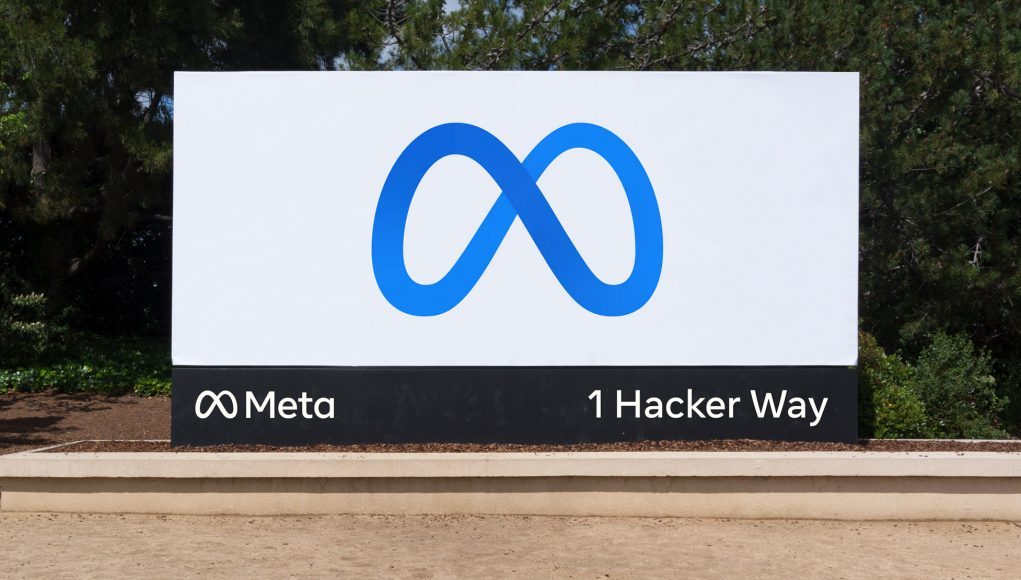Reality Labs, Meta’s XR division formed in 2020, is now being reorganized into two distinct groups, ‘Wearables’ and ‘Metaverse’, which reportedly comes along a “relatively small” number of layoffs.
As reported by The Verge’s Alex Heath, Meta CTO and head of Reality Labs Andrew ‘Boz’ Bosworth announced the reorg in an internal memo to employees, stating that all teams in Reality Labs are being merged into either a central ‘Metaverse’ organization, responsible for Quest, and a new ‘Wearables’ organization to dedicated to other hardware, including its Ray-Ban Meta smartglasses.
In the memo, which is available via Heath’s Command Line newsletter, Bosworth says the company’s smartglasses were “a much bigger success than we expected,” spurring the XR division to put more focus on the product.

“We have the leading AI device on the market right now, and we are doubling down on finding a strong product market fit for wearable Meta AI, building a business around it, and expanding the audience,” Bosworth’s memo reads. “Our north star to overlay digital content seamlessly onto the physical world remains the same, but the steps on that path just got a lot more exciting.”
Notably, Ray-Ban Meta smartglasses don’t include displays of any type, AR or otherwise, instead offering input through voice assistant and touch on the glasses’ struts for things like taking pictures, videos, and listening to music. In late 2023, Meta also added AI-powered object recognition.
As for its Quest-related efforts, Bosworth says the company is still “deeply committed to investing in Horizon as the core foundation of our social, spatial Horizon OS, and high-quality experiences for both mixed reality and mobile.”
Meta announced in April it will soon license its Horizon OS (ex-Quest OS) to third parties for the first time, including ASUS, Lenovo and Xbox. This comes part and parcel with it Horizon Store (ex-Quest Store) content library—seen as a bid to become a more prolific alternative to Apple’s Vision Pro.
“The org chart doesn’t primarily determine whether we succeed or fail, our execution does,” Bosworth said in the memo. “But by setting it up this way I hope we reduce overhead and allow people across teams to come together and execute with a more unified view of who our customers are and how we can best serve them.”
Meta declined to comment on the exact number of Reality Labs layoffs, however Heath maintains “it’s a relatively small number and focused on teams in Reality Labs where leadership roles are now redundant thanks to this new structure.”







